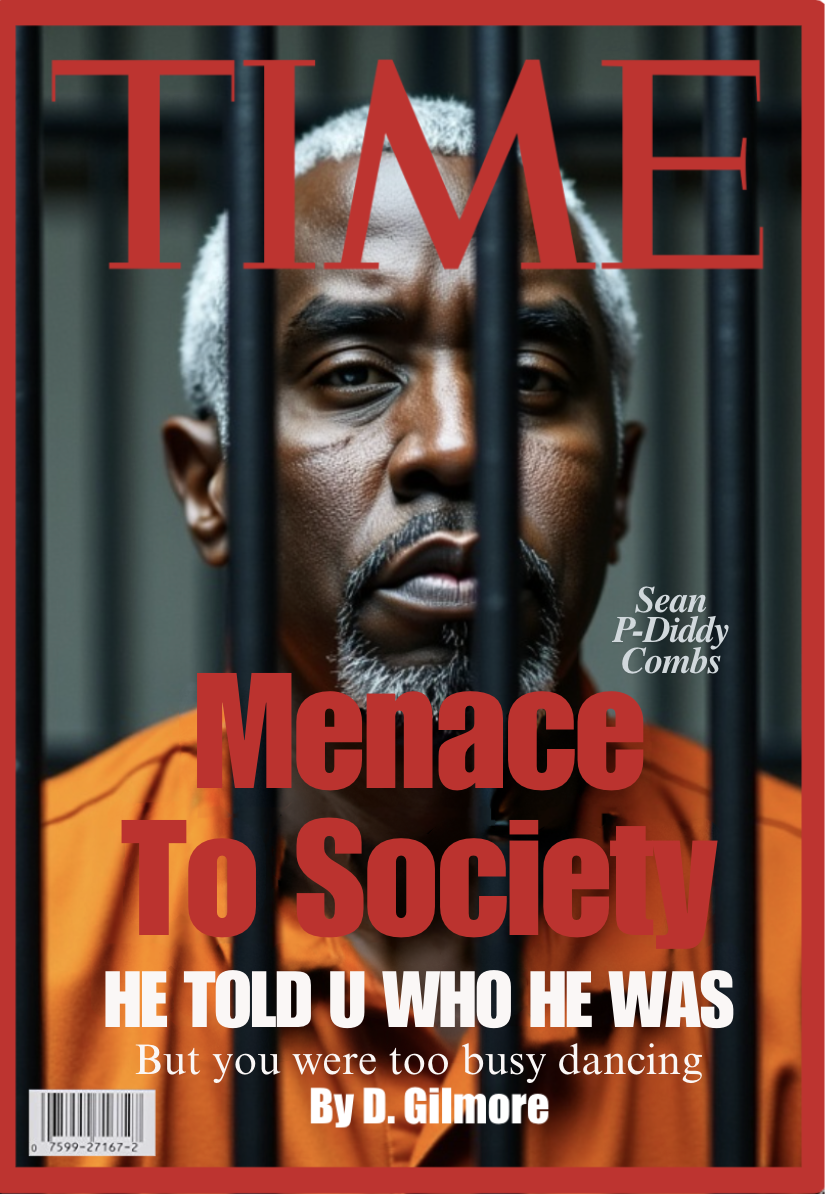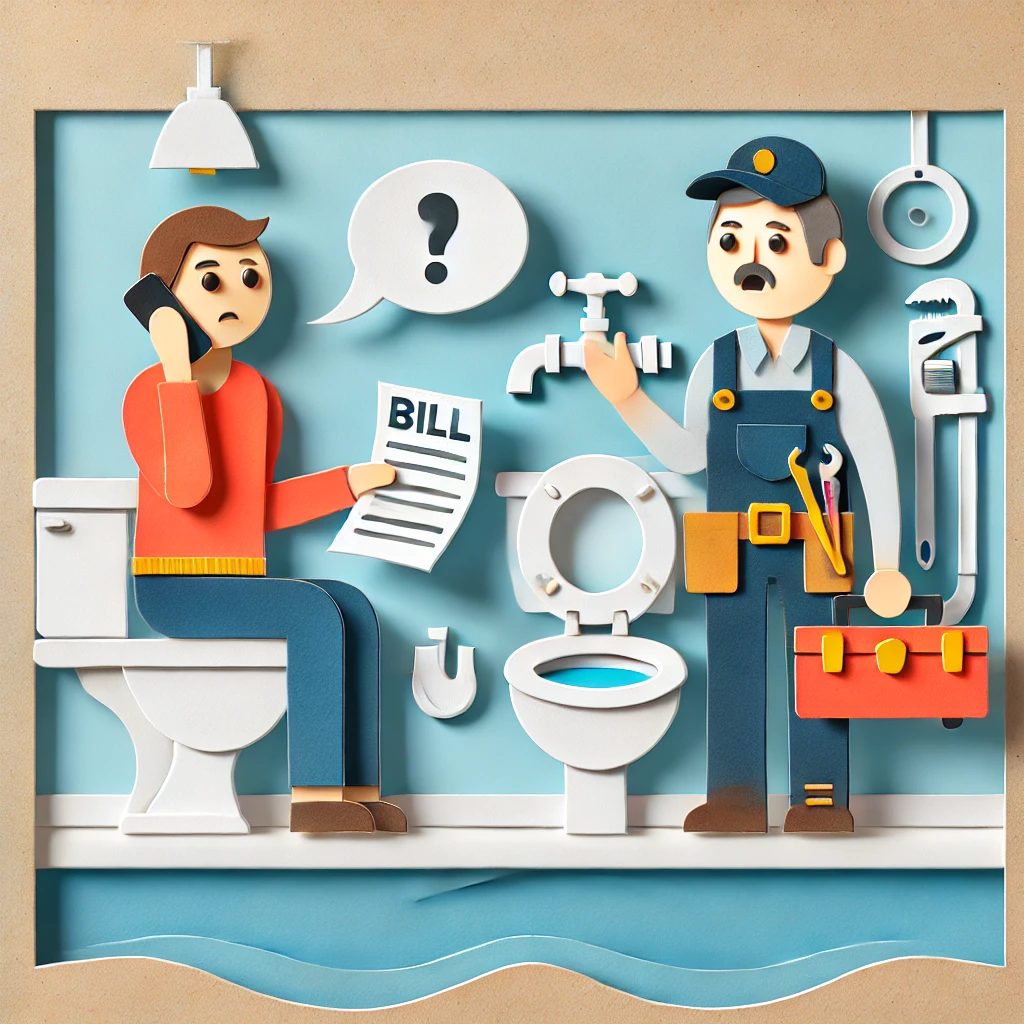By D. Gilmore
Understanding Diddy
For years, Sean “P. Diddy” Combs told us who he was. Through his music, his bravado, his well-publicized escapades, he painted the portrait of a man with two faces—one, the powerful mogul who could turn anyone into a star, and the other, the impulsive, ego-driven figure who took what he wanted, whenever and however he pleased. But we kept dancing to his beats, entranced by the rhythm, willfully ignoring the signs, as if the glaring truths behind the music were mere shadows on the wall.
Now, as these allegations and lawsuits stack up, as stories of abuse, violence, and betrayal emerge, we must ask ourselves: how did we miss the clues? How did we turn a blind eye to the cries for help from his victims, to the toxic power dynamics lurking beneath the glossy veneer of fame? And perhaps most importantly, why did we willingly place this man on a pedestal and shield him from the very accountability we demand of others?
The Cult of Celebrity: How We Create Our Own Monsters
In our society, we crave heroes and icons—individuals who seem to transcend the ordinary, who represent the success and wealth we dream of attaining. But this idolization has a dark side. When we elevate celebrities to near-divine status, we allow them to bypass the rules that govern everyone else. We excuse behavior that would be otherwise indefensible, blinded by their aura of success. And in doing so, we create monsters—individuals who believe they are untouchable, beyond accountability, and entitled to whatever they desire.
Combs embodied this complex duality, presenting himself as the “Brother Love” of hip-hop, yet wielding influence with a ruthlessness that bordered on tyranny. He claimed to be a man of the people, someone who “saved” hip-hop, but his actions reveal a pattern of exploitation and harm. This contradiction—of a savior who simultaneously inflicts harm—reflects what Dave Chappelle called the “Chappelle Paradox”: some figures both heal and hurt, their lives a mixture of inspiration and destruction.
Dave Chappelle hit the nail on the head when he spoke about Bill Cosby. “He rapes, but he saves. And he saves more than he rapes, but he probably does rape.”

The “Self-Made” Trap: How Success Can Breed Destruction
Combs’ rise to power was built on hard work, tenacity, and relentless ambition. From a young man playing baseball in Mount Vernon to the CEO of Bad Boy Records, he outworked and outsmarted his competition. He was a first mover in black entertainment, breaking barriers and inspiring a generation. But somewhere along the way, the pursuit of success morphed into something darker.
When you reach the heights Combs did, surrounded by wealth, influence, and unlimited access, the temptations are endless. And without grounding, without the right mentors, friends, or family members who can speak hard truths, even the strongest of us can fall prey to self-destruction. For a man like Combs, there was no limit. His wealth and fame became both armor and weapon, insulating him from consequences while enabling his worst impulses.
The question we must ask is, how can someone achieve everything and still feel empty enough to engage in the behavior we’re now seeing exposed? This emptiness, this lack of fulfillment, is the curse that plagues so many in the entertainment industry. It’s why we see icons like Robin Williams, Anthony Bourdain, and Amy Winehouse struggle—success without personal balance, without true contentment, leaves a void that no amount of fame can fill.

A Legacy of Harm: The Price of Turning a Blind Eye
When we dance to an artist’s music, watch their movies, or celebrate their achievements, we participate in the creation of their legacy. But in cases like Combs’, that legacy has two sides—the public face we celebrate and the private face that leaves destruction in its wake. The harm done to his victims, the lives impacted by his actions, is part of his legacy, too. It’s a harsh truth: our idolization of certain figures can leave real scars on real people.
Combs’ actions have now come back to haunt him, but it’s not just his downfall. It’s a collective reckoning for an industry—and for society at large—that allowed his power to go unchecked. He told us who he was, over and over again. But we ignored it. We wanted the music, the glamor, the fantasy. Now we must face the reality.

Practices to Prevent Becoming the Next “Menace”
So how do we, as individuals and as a society, prevent ourselves from repeating these cycles of toxic idolization and self-destruction? Here are some practices that can help maintain balance, accountability, and integrity:
- Ground Yourself in Values Beyond Fame and Wealth
Define your worth by more than your material accomplishments. Wealth and power are hollow without integrity, humility, and compassion. Regular self-reflection and honest evaluation of one’s motivations can prevent unchecked ambition from morphing into entitlement. - Build a Strong Support System with Accountability Partners
Surround yourself with people who aren’t afraid to challenge you, who will call you out when you stray from your values. True friends, mentors, and family members provide checks and balances that prevent ego from overpowering integrity. - Engage in Regular Mental and Emotional Wellness Practices
Pursuing fame or success without managing mental health can be a recipe for disaster. Therapy, meditation, journaling, and mindfulness are essential tools for maintaining emotional equilibrium. Emotional well-being is as crucial to success as physical or financial health. - Practice Empathy and See Power as a Responsibility
Those with influence have a duty to act responsibly. Power should be wielded with care, not as a tool for personal gain or exploitation. Leaders who treat others with respect and compassion build lasting legacies. - Reject Blind Idolization of Public Figures
Admire talent and celebrate achievements, but remain aware that public figures are just people, capable of flaws, mistakes, and harm. Cultivating a healthy skepticism and balanced admiration prevents the rise of unchecked power.
A Message to the Victims: Healing from the Shadows of Power
To those who were hurt, known and unknown/whether a US citizen or not: Altho the world is a cruel place, this is not who we are. You were forced into a dark corner by the blinding light of someone else’s fame. The scars left by these betrayals are deep, and the pain is real. But know this—you are not alone. Your stories, your voices, and your truth matter. Speaking out, even in private spaces, can be a powerful first step toward healing. Support groups, therapy, and creative outlets like writing, art, or music can help channel trauma into expressions of strength.
If you’re seeking guidance, consider connecting with advocacy organizations dedicated to survivors of abuse. Trauma-informed therapy, self-compassion exercises, and journaling are paths toward reclaiming your own power and rediscovering inner peace. Healing is a journey, and while the wounds may never fully disappear, there is strength to be found in resilience.
In the end, let Combs’ story be a lesson not only for those who idolize but also for those who seek power without purpose. Let us strive for a society that celebrates greatness balanced by compassion, ambition tempered by integrity, and fame grounded in responsibility.





